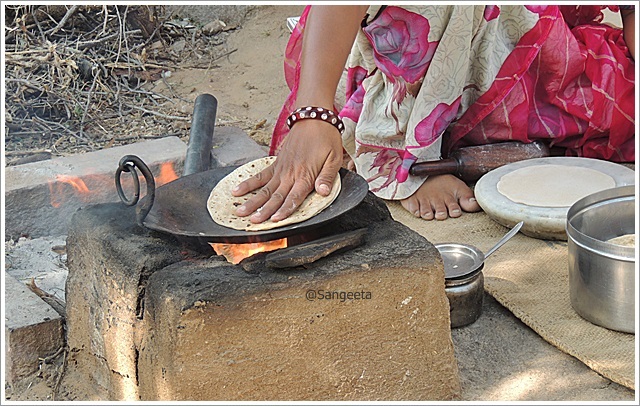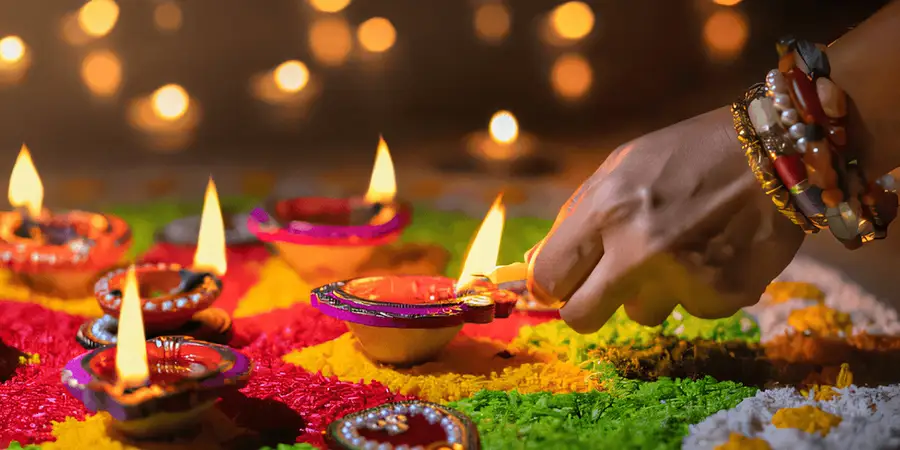© 2025 AffordableJourney. Built with care by our team. All rights reserved.
I Lived With a Family in Rajasthan—Here’s What I Learned About Tradition
By Hannah Greer
A moving story of hospitality, heritage, and shared meals.
Arrival in a Land of Color and Contrast
Rajasthan greets you like no other place: with heat, color, rhythm, and welcome. From the moment I stepped off the overnight train in Jodhpur, I was enveloped in its dusty warmth. Everything felt alive—the city hummed with tuk-tuks and laughter, the air thick with the scent of spices and incense. But I hadn’t come just to explore Rajasthan. I had come to live there—at least for a while.
Through a cultural immersion program, I was matched with the Rathore family, who lived in a sandstone haveli on the edge of the old city. I had no idea then how profoundly those walls—and the people inside them—would shape me.

My First Evening: Breaking the Ice with Chai
The first evening was all nerves. I sat on a woven charpai under the courtyard tree, sipping masala chai, trying not to spill it in my lap. Rekha, the mother of the house, handed me warm samosas and asked gently, “Sweet or spicy?”
“Both,” I answered, unsure whether I meant the food or the experience.
That night, I watched as three generations sat together under one roof. Grandparents, parents, children. The evening unfolded like a ritual—prayers at the home shrine, shared stories in Marwari, the clinking of metal thalis at dinner. I didn’t understand every word, but I felt everything. I wasn’t a guest. I was included.

Mornings with Rekha: The Wisdom of Routines
Each morning began before sunrise. Rekha would be in the kitchen before the birds, lighting the stove with quiet care. I joined her on the second day. My role was simple—kneading dough, grinding spices, learning names of vegetables I’d never seen before.
But what I was really learning was patience. And pride.
Making food wasn’t just a task—it was an offering. Each roti rolled, each dal tempered, was filled with attention and ancestral know-how. Rekha moved with a kind of grace that comes only from deep-rooted tradition. She didn’t need cookbooks. She had her hands, her senses, and memory.

Lessons in Modesty and Pride
Over the weeks, I began to notice small, powerful rituals—touching elders’ feet in the morning, folding hands before meals, the way Rekha always left the best serving for her guests. These weren’t rules—they were expressions of respect.
One day, I complimented Rekha on her hospitality. She simply smiled and said, “Atithi Devo Bhava”—a Sanskrit phrase meaning “The guest is God.”
What struck me most was that tradition didn’t mean stiffness. It meant rhythm. A way of living that centered around community and care. The children still watched cartoons, the teens still scrolled Instagram—but come evening, everyone gathered for prayers, songs, and meals. That balance was beautiful.

Festivals, Food, and Feeling at Home
I was lucky to be there during Diwali. The home transformed—walls scrubbed clean, diyas lit in rows, rangolis appearing overnight like blessings. Rekha and her daughters taught me how to drape a saree. We decorated sweets with silver foil. We danced in the courtyard until our feet hurt.
That night, as fireworks painted the sky, I wasn’t thinking of myself as a traveler anymore. I was thinking of Rekha as my auntie. Of their courtyard as my home.
I realized that tradition wasn’t just preserved here—it was celebrated. Not as something old, but as something alive.

What I Took Back With Me
When I said goodbye, Rekha placed a red thread around my wrist and hugged me tightly. “Now you are also part of our story,” she said.
I left Rajasthan with a suitcase full of spices and handwoven scarves—but more importantly, I left with a new understanding of what it means to belong.
I learned that tradition isn’t something you watch—it’s something you step into. Something you live beside, share, and slowly, if you’re lucky, become a part of.
Home Is a Feeling
You don’t need to be born into a culture to respect it, or even to feel part of it. Sometimes, all it takes is an open door, a cup of chai, and a place at the table.
Living with the Rathore family taught me that hospitality is not just kindness—it’s identity. And tradition is not just heritage—it’s heart.
If you ever get the chance to live with a local family in a place foreign to you, say yes. You may go for the experience, but you’ll stay for the people.
Have you ever stayed with a local family during your travels? Share your story or tag @AffordableJourney with #TraditionTaughtMe.




